|
Here are some steps to help encourage a happy day. 1) Look for happiness and you will see happiness. “Unless I look upon what is not there, my present happiness is all I see” (A Course in Miracles). As you send the energy of happiness, do not allow ‘things’ of the world to distract your vision. If someone cuts in front of you while you’re driving, refrain from road rage by counting to ten or humming a tune. Watch the situation, allow it to pass and carry on. So what if the traffic light turns red on you? It will turn green, and you will be on your way before you know it. Or what if a colleague fails to return your greetings? This is not a reason to stop you from greeting them every morning. Perhaps they're distracted by a passing thought, or didn't hear you, whatever their reason may be, don't allow this event to dampen your happy day. 2) Do you want to be happy? Answer this question without qualifying it. For example, if someone asks if you want to be happy, answer YES only if you truly want to be happy from this point onwards, despite your current or future life situations. By this I mean, when you make a firm choice to have a happy day (everyday of your life) as you get ready to leave in the morning, who's to say your car might not breakdown on your way to work? Or that you might not get fired? Or worst that your loved one might not pass on this day? “The purpose of your life is to enjoy and learn from your experiences,” says Michael Singer. Yes we get sad when terrible things happen, it's the way of life - things will always happen. However you ALWAYS have a choice; you can watch and experience the situation, allow it to pass through you, learn from it and then move on. Or you can dwell in your experience but you know that won't bring you happiness. So don't allow life's situations to limit your happiness. 3) Let go of the drama. By creating drama or reacting dramatically to every event that attempts to stand in the way of your happiness you qualify the failure to be happy. For example: if you left home feeling happy and return at the end of the day feeling unhappy, then your housemate asks if you had a happy day as you intended, you might say; I would have been happy if my car didn't break down or if I didn't get fired and so on. It's okay to acknowledge the events in your life but don't over dramatise things. Why not relay the positive side of the events instead: My car broke down this morning but I was relieved when the tow truck arrived and the driver was more than happy to drop me off at my work. And I hear you say there's no positive side to being fired. Well if you choose to be happy, it doesn't necessarily mean you will be happy in your current job. Perhaps getting fired gives you an opportunity to land your dream job (the one that's been bubbling in your thoughts but prevented by fear) where you'll be happy. This is a conscious choice, therefore to remain in your happiness status choose wisely. Love and Light, SS. 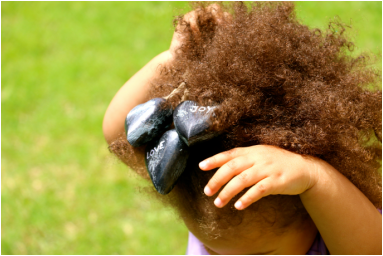 Daily Focus #2 Have a Happy Day "You are a spiritual being, you are energy. Let go of the difficulties from your past, cultural codes and social beliefs. You are the only one who can create the life you deserve. The power is in your thoughts, so stay aware." Rhonda Byrne As you gear up to enter your car, jump on your bike, walk to the bus/train station/taxi rank, or simply walk to work/school/university, make a firm choice to have a happy day. Believe in your choice and watch what happens - the law of attraction will send happiness down your path and your day will exist on the frequency of happiness. As you bid your family, friends or housemates goodbye, wish them a happy day and you'll experience 'happy' manifold. Creating your happiness: Ever hear the expression, ‘Think happy thoughts’? In ‘The Seat of Self’ Gary Zukav writes, “A thought is energy or light, that has been shaped by consciousness ... This is creation.” In this regard, it makes sense that happiness is the energy that begins within you and only you can make the decision to experience it. Your mind is a powerful engine room and you know it. It allows you to travel through your thoughts by projecting your past experiences (good or bad) into your future. When you begin to gain awareness of what's happening in your mind, you begin to live in the present moment. Which means in that present moment, you are in control of your thoughts. This control gives you the power to shape your day and ultimately your life by simply making a conscious positive choice such as happiness.
1 Comment
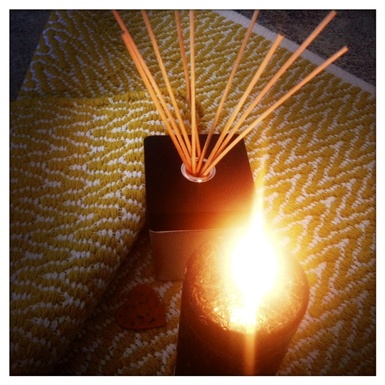 Remember Thyself Remember Thyself Daily Focus #1 Me Time: Put yourself on your TO DO list Before you engage in the organised chaos of your day, allow yourself a minimum of 10 minutes as soon as you get out of bed - yes do this out of bed. Choose an area to work from like a quiet nook in the house, the garden, your bedroom floor, etc. You don't need any fancy equipment, although if you want to, you can adorn your special area with whatever makes you feel at peace such as beautifully scented candles, incense, meditation rug, and so on – you can go as fancy as you like of course (flicks hair). For the next 10 minutes you will practice to be in silence with yourself in this 'space'.
Now, Close your eyes.
My advice is to choose an object or a word to help you focus. There's no prescription here, you can choose whatever you like such as the number one, ohm, Amen, 'I am' etc. and each time your mind wonders off, say your chosen word (out loud or internally) or visualise your chosen object as many times as necessary to help you stay in the moment. Allow the distracting thoughts to enter and leave your mind, acknowledge them but do not engage.
This exercise will help you to clear your mind in preparation for the day ahead. Remember, the more you practice the better you will become. This is not only for the morning, you can practice stillness whenever you feel overwhelmed or are just in need to hone your focus through out the day. Please feel free to go beyond 10 minutes wherever possible. Love and Light, SS. ‘The Art of Forgiveness’ suggests a skill acquired over time. This means along the way, there will be perseverance, hurdles, tears, joy and other qualities that contribute towards the concept of practice. What I'm saying is, forgiveness is not an easy undertaking but a well worth skill to work on. My understanding is; forgiveness exists on two levels, the spiritual and intellectual. The spiritual level is the one where you don't have to understand or try to rationalise how you're feeling about the situation. It is the one where you just allow the feeling to be, let it lead you into the seat of Self[1]. That quiet place known only by you where you can experience life through all your senses. Whereas the Intellectual level knocks you back to ‘reality’ as known to the physical being and reminds you that you're one of many people who walks on this earth. But what if you fused the two in a way that makes then exist cohesively? What then? Would the lessons become easier to comprehend? Would the level of perseverance increase as the height of the hurdles recede? In 'A Course In Miracles' Helen Schucman writes, “He who would not forgive must judge, for he must justify his failure to forgive. But he who would forgive himself must learn to welcome truth exactly as it is.” I couldn't have said it better myself. Here’s a simple example: You're at work or at home. You walk through the door and bump into a chair that happens to not be in its usual place, therefore in your way. What is the first thing you say? Who put this chair here? And there it is, a blame laced with judgement. You're suggesting that it is someone else's fault that you bumped into the chair because that person must have moved it from its usual place. You might even go further to say the person who moved the chair did so to deliberately hurt you. Is this the truth? “Don't take anything personally,” writes Don Miguel Ruiz in 'The Four Agreements' and it is as simple at that. (I will expand on this Agreement in a later post). What if you approached the situation from a different point of view, such as this? ... You bump into a chair, you react to any pain it courses, then move the chair to its usual place so that the next person doesn’t have to endure the same pain as you did. Sounds easy? Here's the catch, do this quietly. By quietly I mean, don't go around the office or the house fishing for glory because you've moved the chair out of the way or insinuating that people need to stop 'putting things where they don't belong' or blaming the unknown culprit for your sore toe and so on. Could you do that? If you attempt (with practice) to experience life from the seat of Self, perhaps you could begin to react to situations (small or big) in the proposed latter fashion. This means by watching your physical or intellectual self from a spiritual perspective you could begin to fuse the two levels of forgiveness. Thus embarking on the journey to perfect ‘The Art of Forgiveness.’ To forgive is not to forget but to set yourself free from the shackles of your past experiences. These past experiences could be as long as two seconds or twenty years ago. You might recall the situation vividly but that is not to say you need to hold on to the burden that comes with it. Some steps to help you begin the journey of forgiveness
1) Acknowledge the pain. Allow your physical and spiritual being to take in the situation. But more importantly, do not dwell on it. Let the pain enter and leave your entire existence. Cry, scream, break something (without physically harming yourself or others). Give yourself sometime (as little as possible) because the longer you remain in this state, the longer it will take you to move on. 2) Do not rationalise. In an attempt to appease the situation, you might feel obliged to react outwardly by self-bashing. Such hurtful words as, ‘I probably deserve this treatment,’ ‘I knew this would happen to me,’ ‘Why do I always bring this upon myself,’ and so on, will harm you. To help you move on, you need to remember that this is between you and yourself ONLY. So pay no attention to external forces, such as people who might have seen the situation unfold, therefore making you feel the need to justified it. 3) Be Still. ‘Be still and know I am God’ (Psalm 46:10). Sitting in silence with ‘you’ is one of the most powerful spiritual exercises. Take time (as much as you need) to let go of your designs and allow a power greater than you to take over. Shake off the weight of anger and pain. In so doing you will begin to feel at peace with yourself, thus allowing yourself to experience the truth as it is. 4) Learn the Art of Forgiveness. As the peace begins to envelop you, ask the universe to guide you to forgive yourself and others who have caused you the pain. Pray (to your God entity) for strength necessary to board this journey. And finally open up yourself to receive love as the centre from which to experience life. Remember that you’re a student here and mastery comes with immersion. [1] Seat of Self: “At each stage of your life you have seen different thoughts, emotions, and objects pass before you. But you have always been the conscious receiver of all that was. Now you are in the centre of consciousness. You are behind everything, just watching … that centre is the seat of Self. From that seat, you are aware that there are thoughts, emotions, and the world coming through your sense. But now you are aware that you are aware. That is the seat of the Buddhist Self, the Hindu Atman and the Judeo-Christian Soul. The great mystery begins once you take that seat deep within.” (Singer, 2007) Singer, MA (2007), The Untethered Soul: The Journey Beyond Yourself, New Harbinger Publications, Inc. CA Beauty means different things to everyone. But when you're in a quiet moment starring into the mirror do you ever delight your senses by saying, 'gee I'm beautiful'? If you do, is it because you have a new hairstyle, skin product, new nose or lips? What about the day your hair refuses to obey the comb's command or those awful pimples just won't let up no matter how many glasses of water you drink? Could you still say, 'gee I'm beautiful'? I believe that the word beauty is relative. I use it differently depending on the context. For example, I call my sista friends 'beautiful girls' not because I think their hair looks amazing (that's a separate compliment) but because there's something wonderful in them that evokes love in me. As media and technology evolves, the notion of beauty equally does so or better yet, gets distorted by mainstream media. It is well documented that it (mainstream media) recognises the European look as a benchmark for beauty. To add to this askew perception is the consequences of colonisation. The remnants of colonisation play a significant role in self-hatred, thus the inability (for most) to say 'gee I'm beautiful'. Over time, media has taught the dark skinned girl that you will be beautiful if your hair is longer and silky, if your skin is lighter, if your curves are smaller. But when my sistas achieve these prescribed qualities whom do they become beautiful for? There are many examples of skin bleaching, cosmetic surgery, invasive weight loss techniques, and more online, which I will not repeat here. These sistas' beauty will never be enough; because they will never be European enough or ethnic enough, thin enough or fit enough. Following their transformations can they look at themselves in the mirror and honestly say, 'gee I'm beautiful'? I can only wonder. I will be transparent here in saying like many dark skinned women; I'm not immune to these prescribed European standards of beauty. I grew up watching American shows on TV with black girls in straight hair. To my naive young self-media said, this is the way to go and the hairdressers relished at any opportunity to straighten my nappy hair with harsh chemicals that have contributed to my now sensitive scalp. I can go on about hair but that's just one aspect of the concept of beauty that's based on self-hatred. But here's the thing, I believe that we can teach ourselves to love our own beauty in all its variations. And when anything stems from a place of love it emanates beyond the image in the mirror. The beauty becomes evident in everything we do, touch and say. I acknowledge the challenge of moving beyond self-hatred when mainstream images consistently say, ‘your beauty is not enough’. That if your heels are higher and your thigh-gap a tad wider then you're beautiful. That your dress needs to be two sizes smaller for people to start noticing your beauty. Well my SoulSista I'm here to tell you that your beauty is enough; it is perfect just as it is. Hear me right, I'm not saying don't look after yourself, I'm merely saying don't go to extreme and unnecessary lengths to achieve the 'ideal' beauty as depicted by liberally photo shopped images. Here are some ways (and there are many more) to encourage you to love thyself and say 'gee I'm beautiful': 1) Say it loud and proud. Yes you've probably heard it before but go ahead, look at yourself in the mirror every morning and say, 'gee I'm beautiful'. Chances are, the first few times will feel like nothing but be persistent and believe your words until something inside you begins to turn. 2) Say ‘thank you’. Compliment yourself but don't be vain. This way you'll be able to accept compliments from others. Next time someone says you have a great smile, just say 'thank you'. You'll feel like justifying the shape of your mouth, or how you prefer to smile without teeth but just silence those thoughts and say 'thank you' and return the compliment. 3) Look after your body. Do a physical activity that makes you feel good. So you're not a gym bunny? That's fine, take up a yoga class or a dance class and sweat it up in the most fun way. If time is an issue, set aside 15 minutes after dinner, crank up the volume of your favourite tunes and dance like no one's watching. 4) Be kind to yourself. This begins with forgiveness. I believe that forgiveness leads to love and love is the core of all our emotions. Avoid calling yourself an idiot when you do something wrong, or hurling insults at yourself for having two serves of desert at lunch. So what? It is a caramel slice, who wouldn’t? Enjoy the slice and then dance for 30 minutes after dinner. Share ways that you encourage self-love in the comment section below. |
Archives
February 2017
Dorcas MaphakelaDorcas Maphakela is a writer, visual artist and holistic well-being advocate, using art and words to share knowledge and inspiration on living a full life. She is also a TV presenter, public speaker and founder and producer of the Antenna Award-winning OZ AFRICAN TV (OATV). Alongside her role with Multicultural Arts Victoria, Dorcas co-founded Yo CiTY, a platform that champions the culturally diverse experience through Art & music. Dorcas is an Academic Screen Lecturer at the University of Melbourne. She studied Fine Arts and Master of Arts in Writing. Categories |
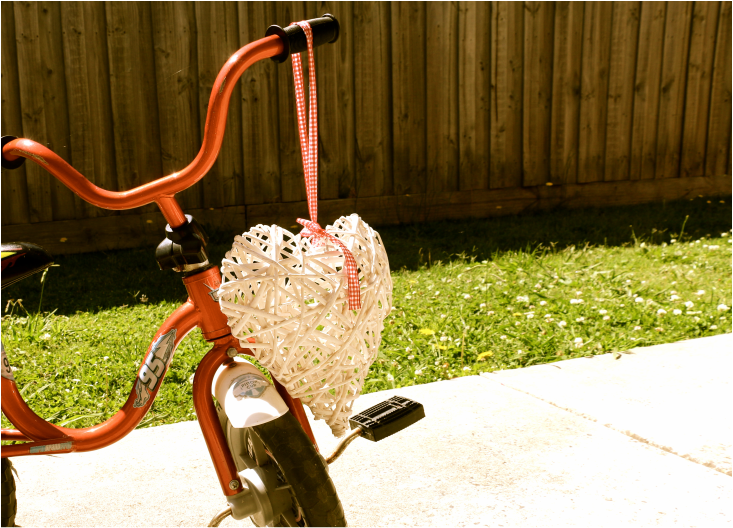
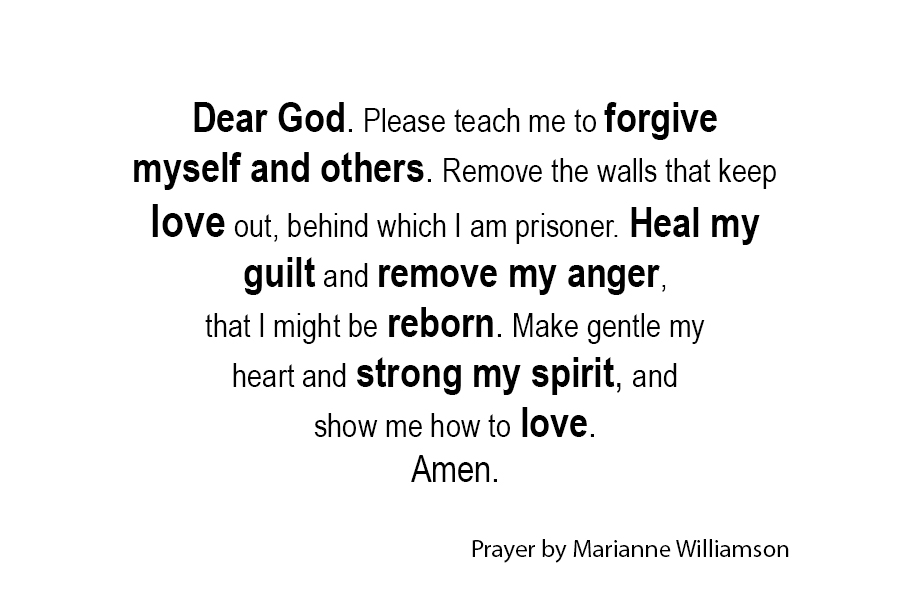
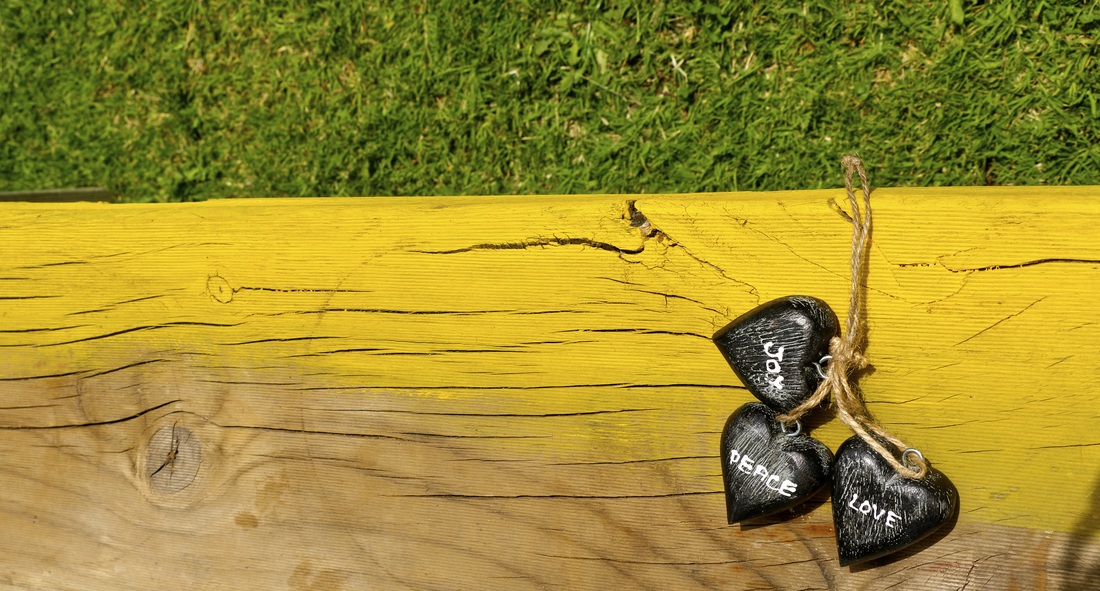
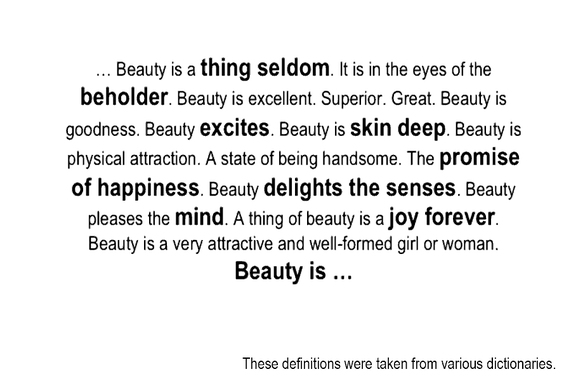
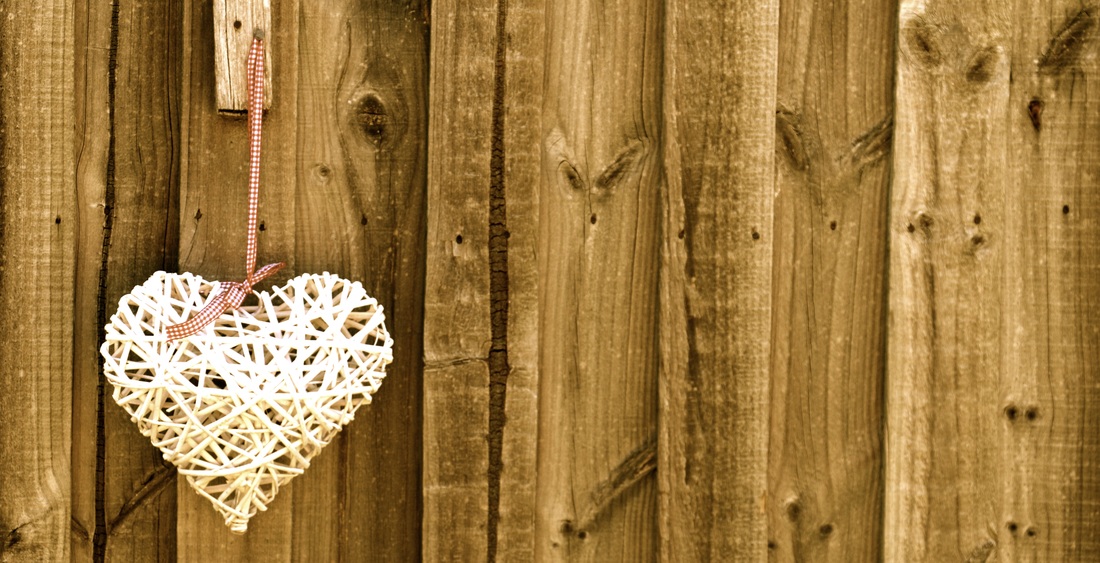
 RSS Feed
RSS Feed

